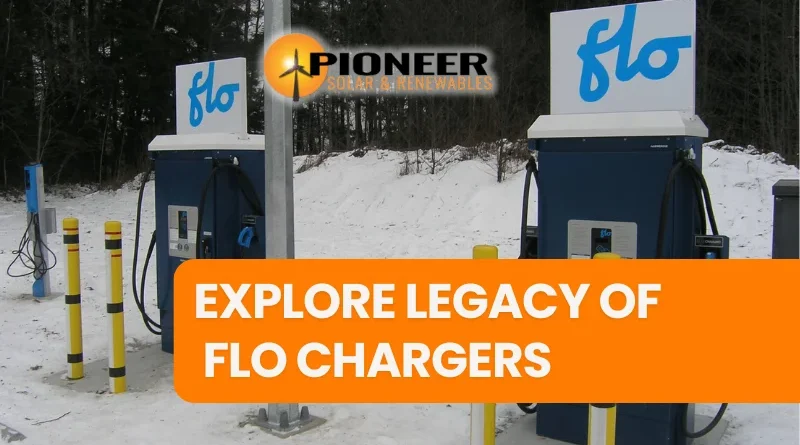
Explore the Legacy of FLO Chargers with us!
Cynthia2024-05-20T08:14:19-06:00Electric Vehicles have been gaining popularity over time. As people are becoming more environmentally conscious, they are starting to consider EVs over traditional vehicles. With the rising demand for EVs, the demand for chargers is increasing too.
Although there are various options of EV Chargers available in the market, the most popular ones among them are the FLO Chargers. Many of you must have heard about it and many must be wondering what it is. Don’t worry! We are bringing forward a series specifically dedicated to the FLO Chargers. You can call it ‘Explore the Legacy of FLO Chargers with us!’
You can find the relevant pieces of information in different parts of this series. For your ease, we are providing a brief overview of every part included in this series. Scroll down.
What does this series consist of?
Explore the Legacy of FLO Chargers with us!: This is the Introductory Post of the whole series and along with it, you can find the basic information related to the FLO. Also, the Level 1, Level 2, and Level 3 chargers are covered inside the blog. Also, know what the J1772 connector is. Scroll down to find in-depth information.
Level 1 vs. Level 2: Which FLO Charger is for you?: This is Part 2 of the whole series. It will help you understand which charger fits your needs, Level 1 or Level 2. Apart from this, you can also find out the reasons why Level 2 chargers are essential.
What are the FLO Commercial EV Chargers and do you need them?: This blog is Part 3 of the series. It intends to help you understand how commercial and residential chargers differ. Apart from that, you can also see the importance of commercial chargers in public settings. Two well-known FLO Commercial chargers are also included in this piece of information. Check Part 3 to know more!
Learn about FLO Residential Chargers with us: You can think of this part as an extension of the previous one. Part 4 will cover the Residential Charger which was left untouched in the previous post. Here, you will find out the features of two well-known FLO Residential Chargers and also understand why residential chargers can be a plus one for the owners!
Making Informed Choices: FLO Chargers vs. Generic Alternatives: This is the final post of this series. Part 5 will give a general overview of the comparison between FLO EVChargers and Generic EV Chargers. It's not particularly a comparison but a weighing of their costs and benefits against each other. It will help you make informed decisions when choosing a charger for your EV.
Dive into the brief history and background of the FLO brand
Flo Chargers, founded in 2009 in Quebec City under the leadership of Louis Tremblay, is a renowned company that operates an extensive network of approximately 95,000 charging stations throughout the USA and Canada.
Flo Chargers has evolved into a comprehensive designer and operator of EV charging systems, effectively addressing the significant challenge of transitioning to electric vehicles. Their core mission revolves around environmental preservation by promoting EV adoption through an accessible charging network.
Why does FLO stand out in the EV charger market?
FLO stands out in the EV charger market due to its exceptional features:
- Speed: FLO's Level 2 charging stations are highly regarded for their impressive speed, outperforming Level 1 chargers with a remarkable fivefold increase in charging rate. Notably, the FLO Ultra model leads the pack by charging most EVs to 80% capacity in just 15 minutes, making it one of the fastest charging options.
- Durability: FLO's chargers are built to last, utilizing robust materials and boasting a 100% aluminum construction. This design makes them waterproof, corrosion-resistant, and impact-resistant, ensuring they can endure various environmental conditions. This durability provides reliability and peace of mind to EV users.
- Flexibility: FLO's chargers are known for their versatility in installation. They can be easily set up in parallel, pull-in, or on both sides, adapting to various charging environments, making them a practical choice for multiple scenarios.
- Universal Compatibility: FLO's chargers are celebrated for their universal compatibility. Regardless of your EV's make or model, FLO's chargers can power up all-electric vehicles.
These commitments to inclusivity highlight FLO's dedication to offering accessible and efficient EV charging solutions for everyone, making it an attractive option for those seeking a charger purchase.
Understanding Level 1 vs Level 2 vs Level 3 EV Chargers
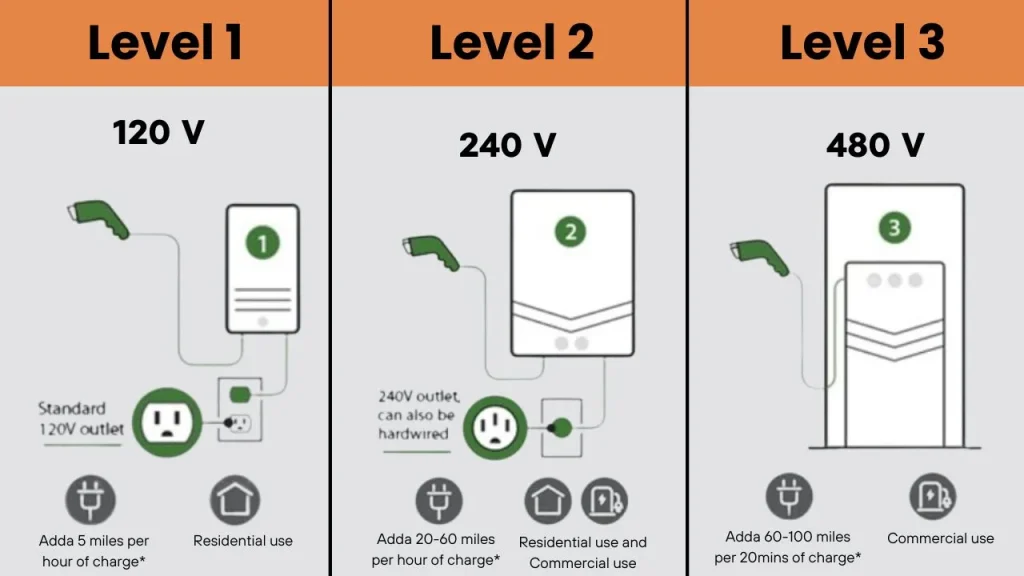
Level 1 Chargers
Level 1 charging connects a nozzle cord to a standard 120V electrical outlet. Many passenger electric vehicles (EVs) have an integrated SAE J1772 charge port, the J plug, suitable for Level 1 and Level 2 charging. However, it's worth noting that Level 1 charging is cost-effective and straightforward but may be better for drivers who frequently cover long distances due to its extended 24-hour charging time.
Level 2 Chargers
Level 2 charging stations, operating on 240V outlets, provide quicker EV charging than Level 1. Most EVs are equipped with a J plug for Level 2 compatibility. Although they offer intelligent charging features, Level 2 stations are costlier, making them well-suited for businesses, apartments, and campuses. For enhanced flexibility, hardware-agnostic charging station management software enables centralized management of multiple devices.
Level 3 Chargers
Level 3 chargers, often called "superchargers," utilize direct current (DC) for rapid EV charging, achieving a full charge in less than an hour. However, their non-standardized nature necessitates unique components like Combined Charging System (CCS) or CHAdeMO plugs. These high-speed chargers are commonly situated along highways and are primarily intended for commercial and heavy-duty electric vehicles, even though most passenger EVs are compatible.
Know what the J1772 connector standard is
The J1772 connector standard, developed by the Society of Automotive Engineers (SAE), is the primary technical interface for electric vehicles (EVs). It's analogous to a universal key, ensuring compatibility with most EVs in North America.
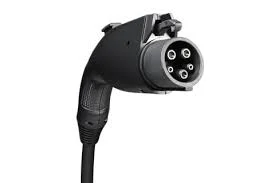
This connector enables safe and efficient power transfer between charging stations and EVs, accommodating various charging levels (Levels 1 and 2) for adaptable charging speeds. Safety is a priority with its proper grounding and signaling features.
In summary, the J1772 connector is vital as the linchpin in the technical link between your EV and the charging infrastructure, guaranteeing secure power transfer and providing the energy your vehicle requires.
Why is it the preferred choice for many EV manufacturers?
The J1772 connector is the preferred choice for many EV manufacturers due to its standardized design, ensuring compatibility and safety. Here are the key reasons:
- Safety: The J1772 connector incorporates safety features like proper grounding and signaling, minimizing the risk of electrical accidents during charging.
- Compatibility: It serves as a universal connector, allowing most EVs in North America to use the same charging infrastructure, simplifying charging for consumers and reducing manufacturing complexity for automakers.
- Interoperability: The J1772 connector promotes interoperability, meaning EVs from different manufacturers can use the same charging stations without issues.
- Flexibility: It supports various charging levels, including Level 1 (120V) and Level 2 (240V), offering flexibility in charging speeds to cater to different user needs.
- Standardization: The SAE J1772 standard ensures uniformity in design and function, making it easier for manufacturers to produce EVs and charging stations that adhere to the exact specifications.
- Regulatory Support: The J1772 connector has received regulatory backing and is recognized as the standard for EV charging in North America.
In summary, the J1772 connector's safety, compatibility, and standardization make it the preferred choice for EV manufacturers, benefiting both automakers and consumers by simplifying the charging process and enhancing safety.
Let’s wrap up the discussion
The journey through FLO Chargers' history and the exploration of the J1772 connector highlight significant advancements in the EV charging infrastructure.
Founded in 2009, FLO Chargers has become a leading player in the market, prioritizing environmental preservation and accessibility. Their innovative features, like speedy Level 2 chargers and durable construction, set them apart.
Meanwhile, the J1772 connector stands as a universal interface, ensuring safety and compatibility across EVs. Together, FLO Chargers and the J1772 connector symbolize the progress towards a greener transportation future.

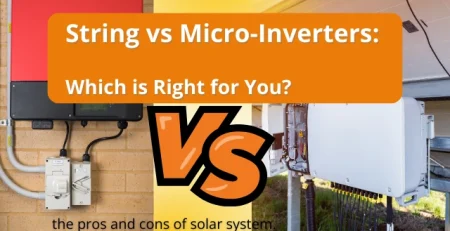
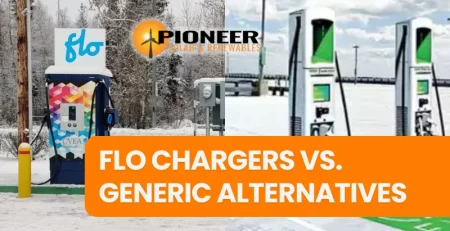
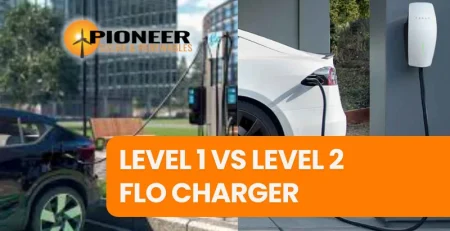
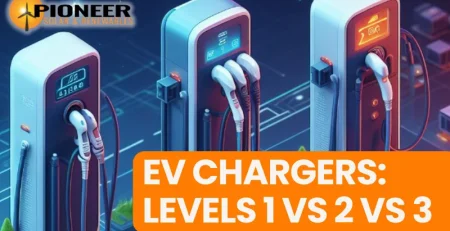

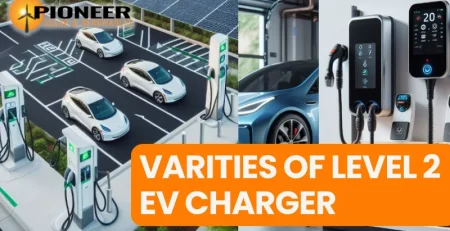
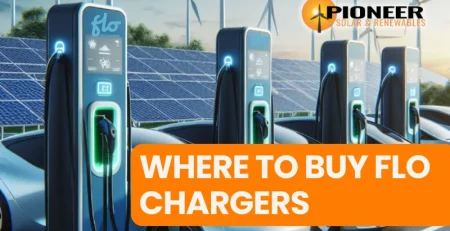
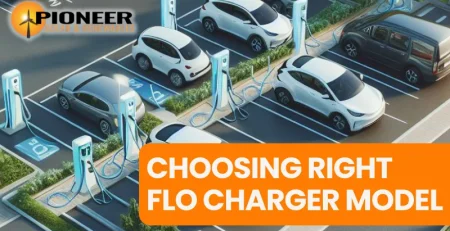
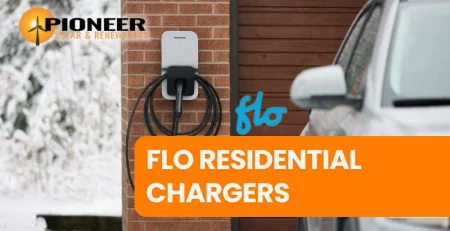
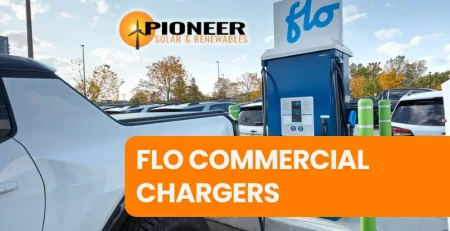

Leave a Reply